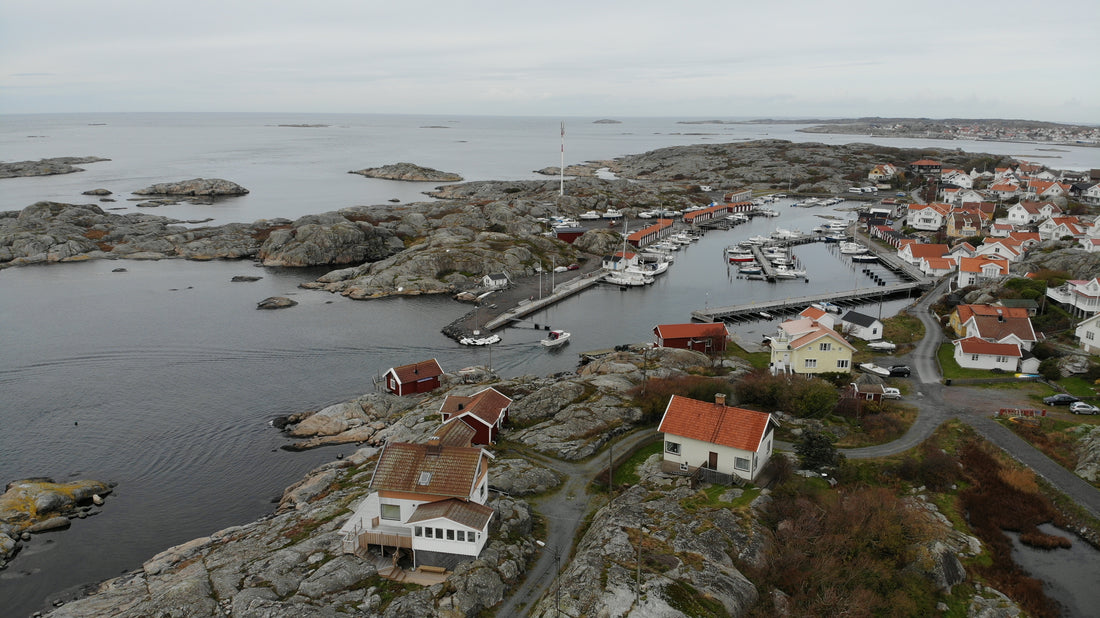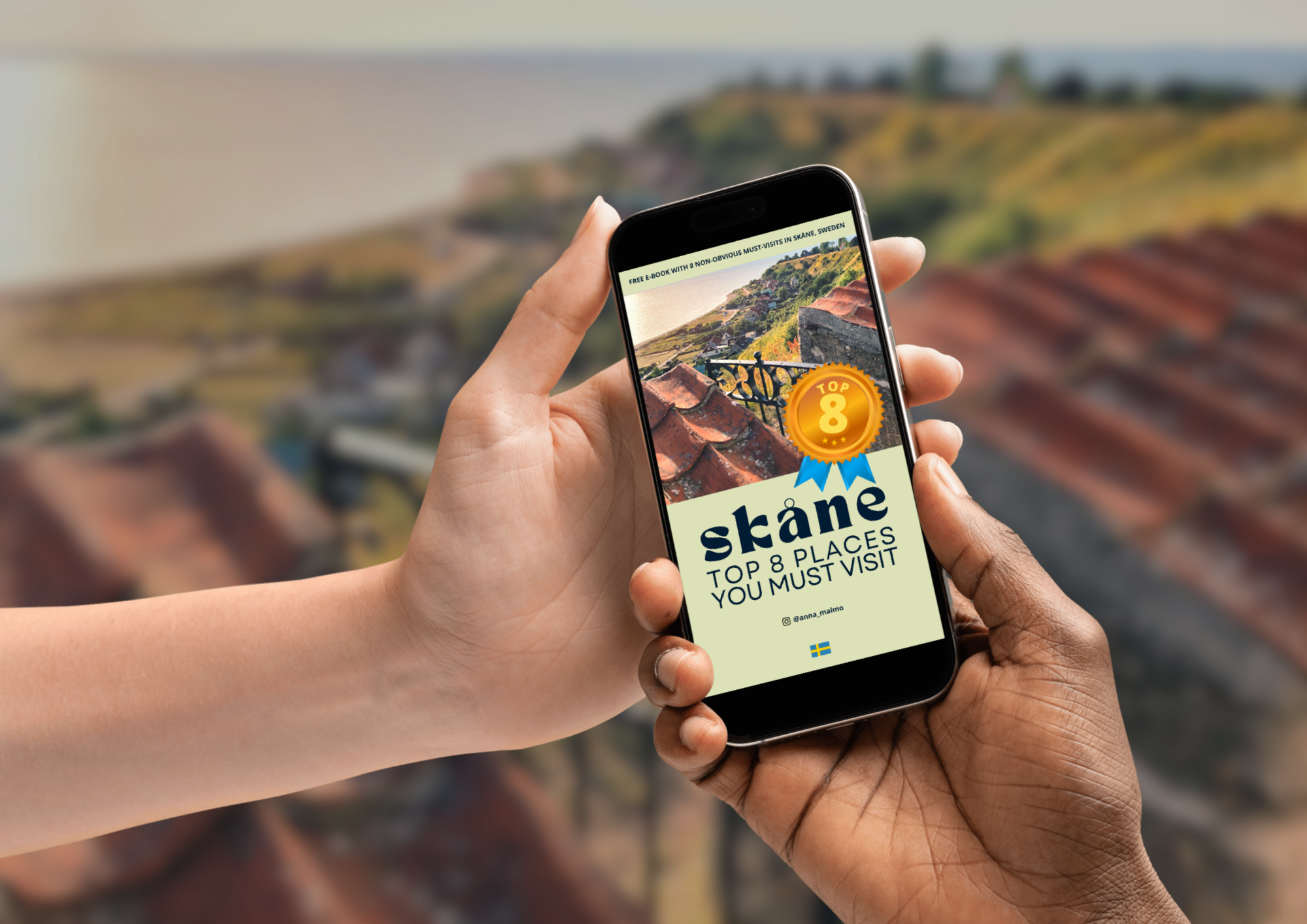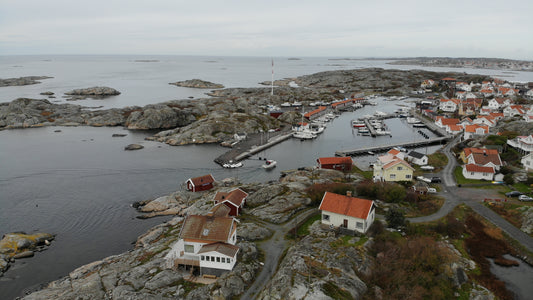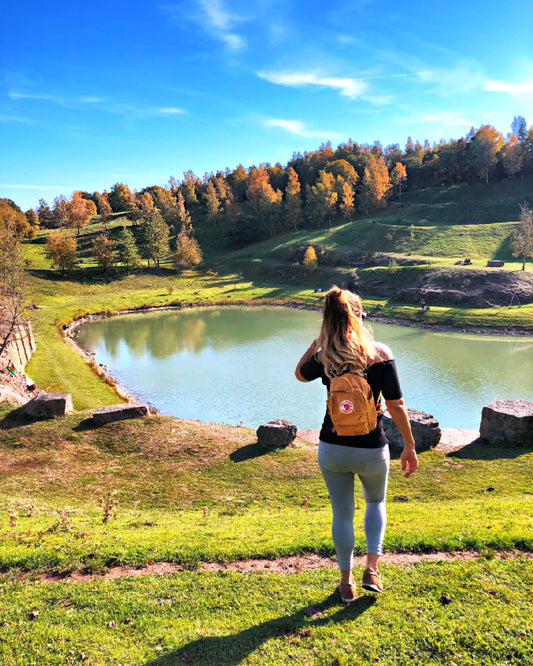
Swedes Practiced Social Distancing Before It Became a Must
Share
Sweden took a different approach in its fight against the coronavirus, choosing not to enforce a full lockdown. This decision was based on scientific predictions and calculations, but also largely on Sweden’s unique social, cultural, and demographic factors. This is a good opportunity to highlight some of these Swedish peculiarities.
Personal Space Is Sacred
Statistically, a Swede’s personal space, which shouldn’t be violated during face-to-face interactions, is about 1.5 meters. If someone stands too close, it quickly becomes awkward, and you might even be asked to back off. There’s a joke circulating in Sweden, which isn’t really a joke: once the recommendation to maintain at least one meter of distance in public spaces is lifted, Swedes can finally return to their usual two-meter distance.
Cashless and Contactless Society
Over 85% of all transactions in Sweden are cashless. Sweden is also a "self-service" and "contactless" country – a large portion of goods and services can be purchased without any human interaction.
The Rise of Single-Person Households
Single-person households make up around 40% of all households in Sweden. In Stockholm alone, it’s over 50%.
No Multi-Generational Homes
Multi-generational homes are practically nonexistent in Sweden. Young Swedes typically leave the nest at around 19 years old (the European average is 26), and they usually start families only after they’ve settled down (the average age of first-time mothers in Sweden is 30).
Rare Family Gatherings
The frequency of visits with parents or grandparents is much lower than in southern European countries. Swedes often only see their elders during holidays or birthdays, even if they live in the same city.
Elderly Living Independently
Elderly people usually live alone, and if they can no longer manage, it’s normal for them to move into a care home. They aren’t “put away” – in fact, many reserve a spot in these facilities well in advance. Elderly Swedes typically socialize within their own peer group.
Liberal Sick Leave Policies
Sweden has liberal sick leave policies (80% of your salary is paid starting from the second day of illness, with a doctor’s note required only after a week). This means Swedes generally don’t go to work when they’re sick. If you live with a Swede, you know – even the slightest ache is enough to keep them home!
Remote Work Is Commonplace
According to Internet Stiftelsen, more than two-thirds of Swedish employees occasionally work from home, and one-third do so regularly.
Low Population Density
The average population density in Sweden is 23 people per square kilometer. For comparison, in other European countries like Poland, it’s 123 people per square kilometer.
High Level of Social Trust
When Swedish Prime Minister Stefan Löfven was asked why the government wasn't enforcing strict bans and restrictions on movement during the pandemic, but rather providing recommendations on how to behave, he responded: "Swedish society does not require the use of bans and mandates. With the right information, every person makes their own decisions, contributing to the achievement of a common goal."
Swedish social trust (tillit) is threefold and consists of:
- Trust of the people in the government,
- Trust of the government in the people,
- Trust of people in one another.
Of course, there will always be arguments to contradict this, but it’s undeniable that remnants of the "folkhem" ("the people’s home") ideology, which has been ingrained in the Swedish mindset for decades, are still clearly visible today.














